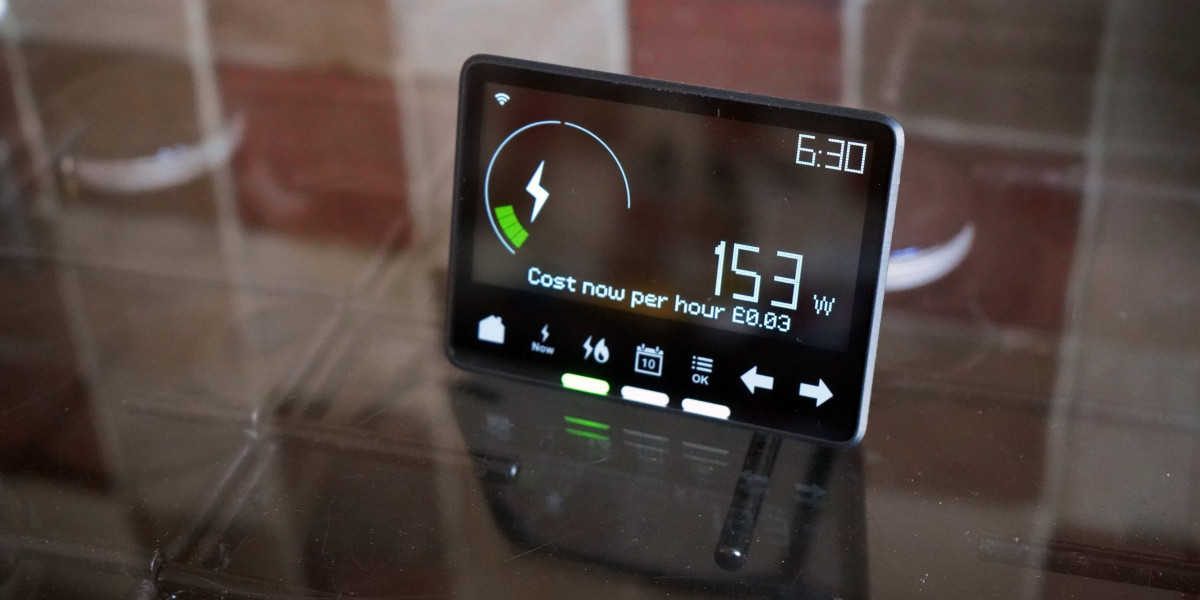The Kenya smart meters market is rapidly evolving, driven by the growing demand for efficient energy management, improved grid infrastructure, and enhanced customer experience. As Kenya works towards achieving its energy access goals and meeting sustainability targets, the adoption of smart meters has become an integral part of the country’s energy transition. These smart devices offer a range of benefits, including real-time monitoring, automated billing, and improved accuracy in energy consumption measurement. This article delves into the factors shaping the Kenya smart meters market, exploring the key drivers, challenges, market trends, and future prospects of smart metering technology in the country.
Overview of the Kenya Smart Meters Market
The Kenyan government, along with key stakeholders in the energy sector, has made substantial strides towards adopting smart grid technologies to enhance electricity distribution and consumption monitoring. Smart meters, which enable two-way communication between utilities and consumers, are seen as a cornerstone for modernizing the country's power infrastructure.
With energy theft, inefficient billing systems, and limited real-time data being persistent challenges, smart meters are seen as a transformative solution. The Kenya Power and Lighting Company (KPLC) has been at the forefront of rolling out these technologies, driven by the need for more accurate billing and the reduction of energy losses in the distribution network.
Market Size and Growth Projections
Kenya’s energy sector has undergone significant reforms in recent years, and the smart meters market is no exception. According to industry reports, the market for smart meters in Kenya is expected to experience a compound annual growth rate (CAGR) of over 10% between 2024 and 2030. This growth can be attributed to several factors, including the government’s focus on improving the power grid, the increasing number of renewable energy projects, and a rising awareness of energy conservation among consumers.
Key Drivers of Market Growth
Several factors are propelling the growth of the Kenya smart meters market, including:
Government Initiatives: The Kenyan government is keen on improving the energy sector’s infrastructure as part of its Vision 2030 blueprint. Policies aimed at promoting renewable energy and energy efficiency are expected to drive demand for smart meters.
Improved Billing Accuracy and Reduced Losses: Smart meters provide utilities with real-time data on electricity consumption, which helps eliminate billing errors, reduce fraud, and prevent energy losses in the grid. This is particularly important in Kenya, where electricity theft and inaccurate billing have been long-standing issues.
Increased Consumer Awareness: With the growing need for transparency in energy usage and billing, Kenyan consumers are increasingly demanding better ways to track their energy consumption. Smart meters, offering detailed usage data, are seen as a solution that meets both consumer and utility needs.
Sustainability Goals: As Kenya continues to transition toward renewable energy sources, efficient energy management tools like smart meters are crucial for monitoring power usage, optimizing demand-response systems, and ensuring the sustainability of energy resources.
Types of Smart Meters Used in Kenya
The Kenya smart meters market offers a variety of metering solutions catering to different segments of the population and grid configurations. The most common types of smart meters in use today include:
1. Prepaid Smart Meters
Prepaid smart meters have become increasingly popular among consumers in Kenya, as they offer greater control over electricity usage and costs. These meters allow users to pay for energy upfront, preventing the build-up of outstanding bills and making it easier for utilities to manage cash flow.
2. Postpaid Smart Meters
Postpaid smart meters are primarily used for commercial and industrial consumers, where consumption is measured after the service has been used. These meters are typically more complex and provide detailed analytics that can help both the consumer and the utility optimize their energy usage.
3. Advanced Metering Infrastructure (AMI)
AMI systems are more sophisticated than traditional smart meters and offer a full-scale integration of metering devices, data collection, and communication infrastructure. AMI allows utilities to collect data in real time, analyze it, and adjust grid operations for efficiency. This type of system is typically used in large-scale commercial and industrial applications, as well as in smart city projects.
Challenges in the Kenya Smart Meters Market
While the market for smart meters in Kenya holds significant promise, several challenges could impede its growth and widespread adoption.
1. High Initial Investment Costs
The cost of deploying smart metering infrastructure can be a major barrier, particularly for utilities that are already dealing with financial constraints. While the long-term benefits of smart meters are clear, the initial capital expenditure required for installation and integration can deter investments.
2. Technical and Infrastructure Limitations
Kenya's power grid infrastructure is still developing, and in some rural areas, the installation of smart meters may not be feasible due to lack of reliable connectivity and weak grid infrastructure. Overcoming these infrastructure issues will require targeted investments and the development of more robust systems.
3. Consumer Resistance
Some consumers, particularly in rural areas, may resist the adoption of smart meters due to a lack of understanding about how the technology works or concerns over privacy. Education campaigns will be crucial to addressing these concerns and fostering greater acceptance of smart metering solutions.
4. Cybersecurity Risks
The introduction of smart meters involves digital networks that communicate data between utilities and consumers. This increases the vulnerability of the system to cyberattacks and data breaches. Ensuring robust cybersecurity measures will be critical to the successful implementation of smart meters in Kenya.
Future Outlook for the Kenya Smart Meters Market
Looking ahead, the Kenya smart meters market is expected to benefit from a combination of technological advancements, favorable government policies, and growing consumer interest in energy efficiency. As the government continues to invest in renewable energy and smart grid technologies, smart meters will play a crucial role in the optimization and management of the power supply.
Expansion of Smart Cities
With the growing trend of smart city development, there is an increasing demand for advanced metering solutions that can monitor energy usage, water consumption, and even waste management in real time. Kenya's major urban centers, such as Nairobi and Mombasa, are likely to be the first to see widespread deployment of such systems.
Integration with Renewable Energy
As Kenya ramps up its renewable energy projects, including wind, solar, and geothermal power, smart meters will become indispensable in balancing energy supply and demand. By integrating smart meters with renewable energy sources, utilities will be able to more efficiently manage distributed energy resources and reduce the strain on the national grid.
Technological Innovations
The future of smart metering in Kenya will likely be shaped by advances in technology, including the deployment of Internet of Things (IoT)-enabled meters, artificial intelligence (AI) for predictive analytics, and enhanced user interfaces for consumers. These innovations will offer more precise monitoring, better customer service, and improved energy management.
Conclusion
The Kenya smart meters market is poised for significant growth as the country continues its journey towards a more sustainable and efficient energy sector. Smart meters will not only provide accurate billing and reduce energy losses but will also enable consumers to have better control over their energy usage. Despite challenges such as high initial costs and infrastructure limitations, the long-term benefits of smart metering systems are undeniable. As the market evolves, it will play an essential role in supporting Kenya's broader energy goals, fostering innovation, and improving the overall customer experience in the energy sector.
More Trending Reports
Flare Monitoring Market Growth









